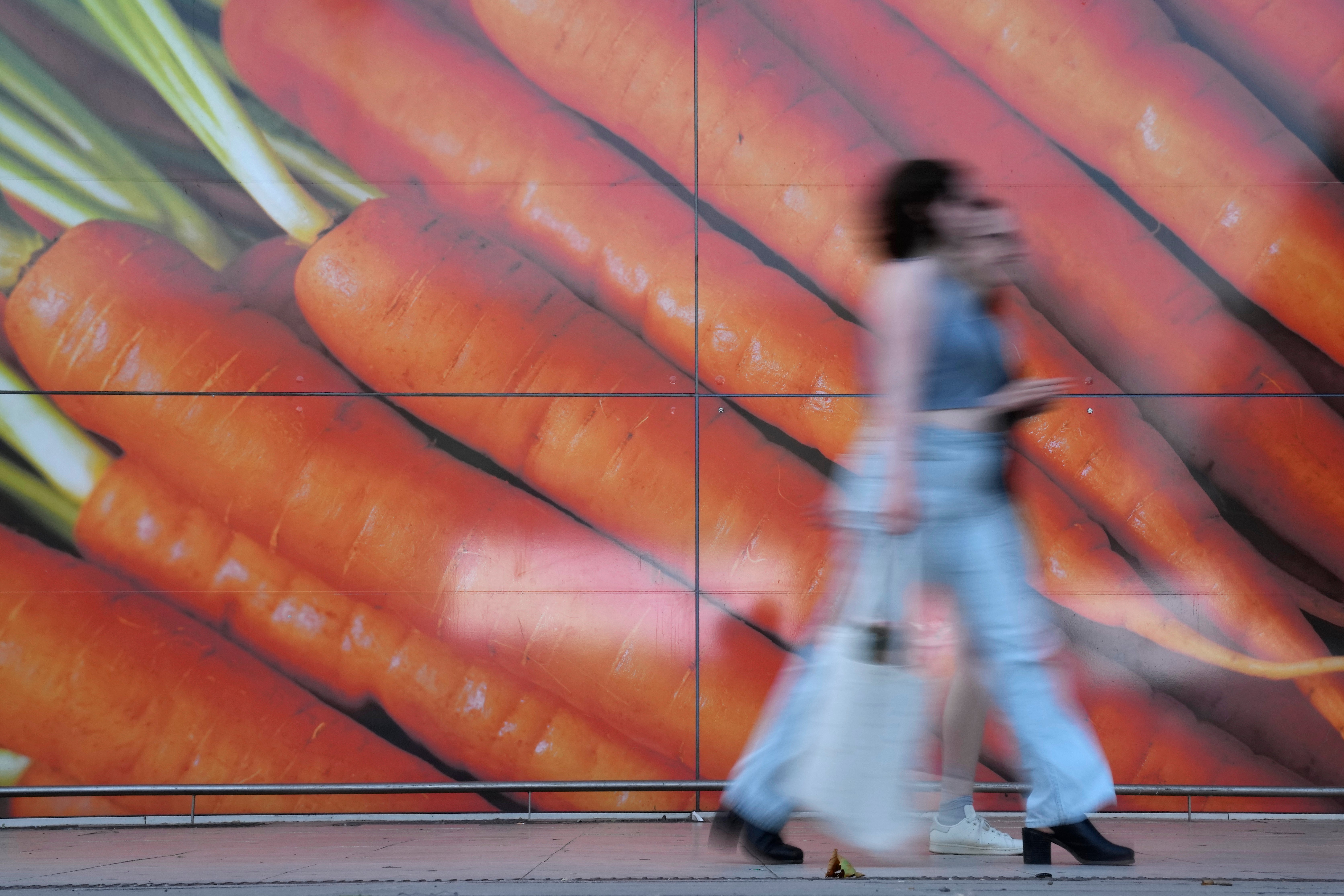UK fell into recession at the end of 2023 as output shrank more than expected in the fourth quarter
The British economy fell into recession at the end of 2023 as output shrank more than anticipated in the final three months of the year

Your support helps us to tell the story
From reproductive rights to climate change to Big Tech, The Independent is on the ground when the story is developing. Whether it's investigating the financials of Elon Musk's pro-Trump PAC or producing our latest documentary, 'The A Word', which shines a light on the American women fighting for reproductive rights, we know how important it is to parse out the facts from the messaging.
At such a critical moment in US history, we need reporters on the ground. Your donation allows us to keep sending journalists to speak to both sides of the story.
The Independent is trusted by Americans across the entire political spectrum. And unlike many other quality news outlets, we choose not to lock Americans out of our reporting and analysis with paywalls. We believe quality journalism should be available to everyone, paid for by those who can afford it.
Your support makes all the difference.The British economy fell into recession at the end of 2023 as output shrank more than anticipated in the final three months of the year, official figures showed Thursday.
The Office for National Statistics estimated that economic activity, as measured by gross domestic product, declined by 0.3% in the fourth quarter of the year from the previous three-month period, with all three main sectors — services, industrial production and construction — down.
That was far more than the 0.1% decline anticipated by economists.
The quarterly decline followed a 0.1% fall in the previous three-month period and highlights how the economy has been hobbled by high interest rates that have been raised to reduce inflation.
A recession is officially defined as two straight quarters of economic decline.
It is the first time the British economy has fallen into recession since the first half of 2020, when output dived during the coronavirus pandemic.
The figures deal a blow to the governing Conservative Party ahead of a general election this year, the date of which will be determined by British Prime Minister Rishi Sunak. Being in recession is hardly the ideal backdrop for a party that is heavily trailing the main opposition Labour Party in opinion polls.
The hope is that the Bank of England will soon start cutting interest rates as inflation falls back toward its 2% target. Inflation currently stands at 4%.
Though interest rates appear to have peaked, the central bank has expressed caution about cutting interest rates too soon as lower borrowing rates may bolster spending and put renewed upward pressure on prices.
The Bank of England has managed to get inflation down from a four-decade high of more than 11% by raising its main interest rate aggressively from near zero to 5.25% from late 2022 until August last year.